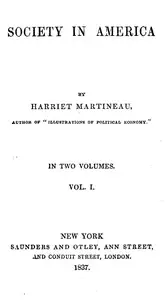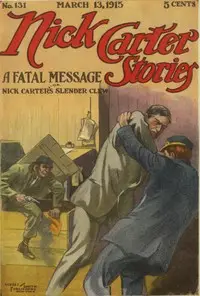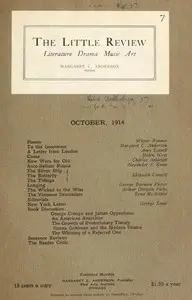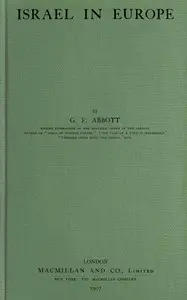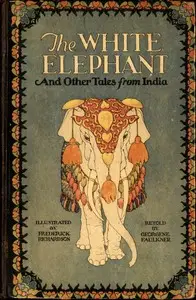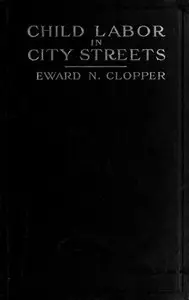"Deerbrook" by Harriet Martineau is a novel written in the mid-19th century. It explores the lives of upper middle-class families in rural England, delving into their social customs, aspirations, and interactions. The narrative introduces the Grey family and their connections to the recently arrived Miss Ibbotson sisters, setting a stage for themes of community, class dynamics, and the nuances of personal relationships. At the start of "Deerbrook," readers are introduced to the idyllic setting of the village and the Grey household, where Mrs. Grey and her daughter, Sophia, prepare for the expected arrival of their relatives, the Miss Ibbotsons. The chapter depicts the anticipation and social rituals inherent in their lives, as well as the interaction between family members and children in the idyllic countryside. The Miss Ibbotsons, having lost their father and seeking solace, are welcomed by the Greys. As they settle into their new environment, hints of social dynamics and potential relationships emerge, particularly between the sisters and Mr. Hope, the local doctor. This opening serves to create an inviting yet complex tapestry of character interactions, setting the tone for the unfolding story. (This is an automatically generated summary.)

Deerbrook
By Harriet Martineau
"Deerbrook" by Harriet Martineau is a novel written in the mid-19th century. It explores the lives of upper middle-class families in rural England, de...
Harriet Martineau was an English social theorist. She wrote from a sociological, holistic, religious and feminine angle, translated works by Auguste Comte, and, rarely for a woman writer at the time, earned enough to support herself. The young Princess Victoria enjoyed her work and invited her to her 1838 coronation. Martineau advised "a focus on all [society's] aspects, including key political, religious, and social institutions". She applied thorough analysis to women's status under men. The novelist Margaret Oliphant called her "a born lecturer and politician... less distinctively affected by her sex than perhaps any other, male or female, of her generation."




